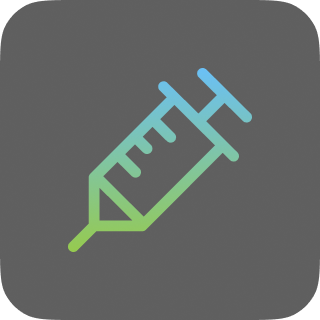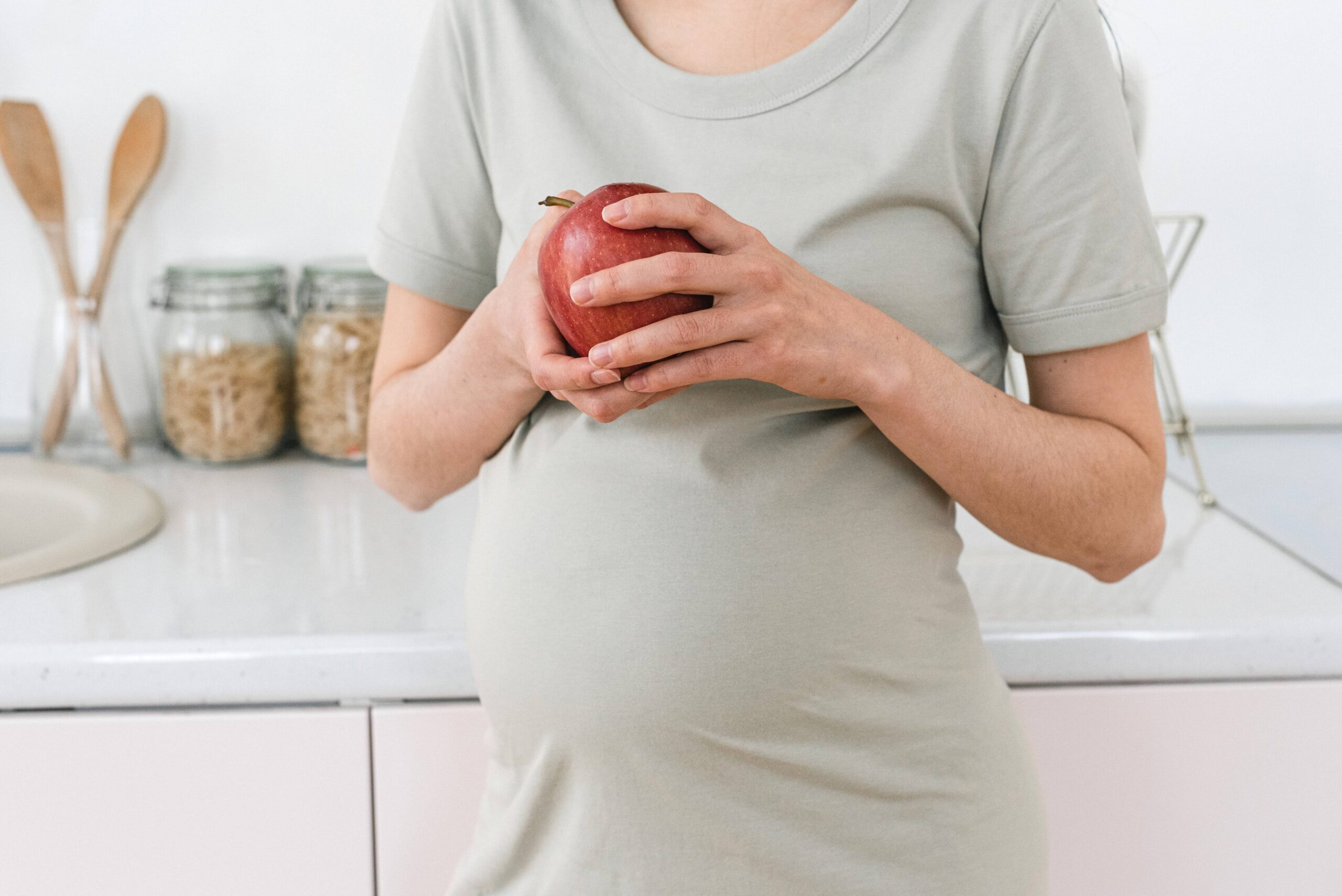Carrying and nurturing a developing human being requires some serious, high-grade fuel to keep up with all of the fantastic things that will take place throughout pregnancy. The baby’s mental and physical development and the mother’s health depend on proper nutrition during pregnancy and breastfeeding, but a few nutrients are especially important for staying healthy.
Essential Nutritional Needs During Pregnancy
During pregnancy, your body needs to consume a variety of vitamins and minerals, as well as plenty of proteins, fats, and carbs to keep you healthy, strong, and in good shape to tackle the monumental job ahead.
Folate
Folic acid or folate is a critical ingredient in making healthy red blood cells. Folic acid helps develop the baby’s skull, spinal cord, and brain during pregnancy in the first trimester.
Green, leafy vegetables and citrus fruits are two excellent dietary sources of folic acid and are great additions to a healthy diet, especially during pregnancy. Peas and beans are also high-quality sources of this essential vitamin.
It is important to talk to your obstetrician about folic acid supplementation before and during pregnancy to help prevent neural tube defects (i.e. spina bifida).
Iron
Consuming enough iron during pregnancy is an integral part of ensuring that your body has the necessary supplies for the 50% increase in blood volume that the pregnancy will demand. Increased blood volume is needed to build and maintain the placenta and support the fetus.
Those same leafy greens that are rich sources of folic acid serve as excellent sources of iron, too. Fish, poultry, and lean red meats are other ways to add some extra iron into your diet.
Calcium
Calcium is essential to the growing fetus in order to develop bones of the skeleton and a healthy heart. Calcium also plays a significant role in developing nerves and muscles and helps keep the mother’s blood pressure in check.
Dairy products like cheese and yogurt are excellent dietary sources of calcium, along with kale, broccoli, and okra. The typical recommended daily intake of calcium during pregnancy and while breastfeeding is 1,000-1,300 mg/day.
The importance of water throughout a healthy pregnancy cannot be overstated. Water is a principal ingredient in the amniotic fluid surrounding the baby until birth. Water also helps flush wastes and toxins from the body.











